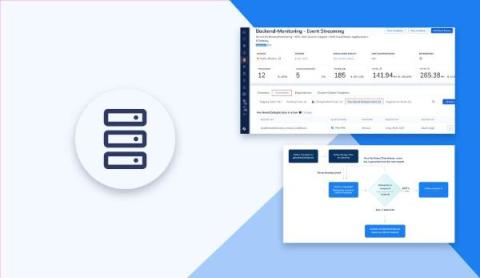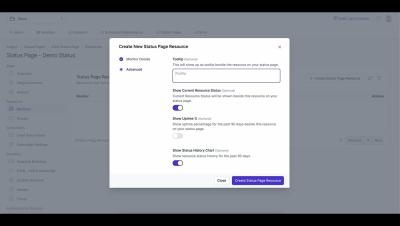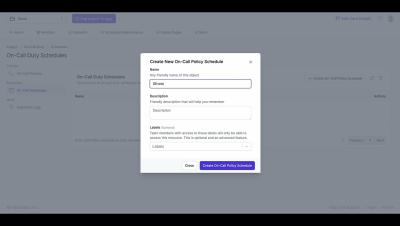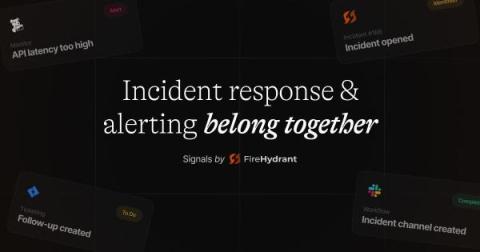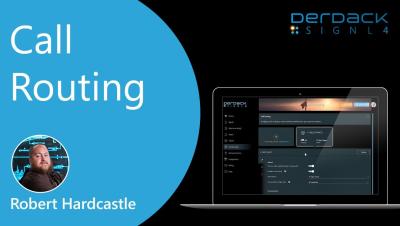Operations | Monitoring | ITSM | DevOps | Cloud
Incident Management
The latest News and Information on Incident Management, On-Call, Incident Response and related technologies.
Autocorrelate Alerts With Squadcast's Key-Based Deduplication
How Zenduty Helps You Address Incidents - in 60 seconds.
How to monitor resources in OneUptime?
How to create an on-call policy and rotation in OneUptime?
How to build workflows in OneUptime and integrate OneUptime with anything?
When More Incident Commanders are Better
It has been lightly revised and reposted with his permission from the original article on Medium. Leading major incident responses can be extremely stressful. You have to quickly gather an ad-hoc team, figure out what went wrong, identify a fix and make sure this doesn't make things worse, all the while with senior leadership breathing down your neck. Are we having fun yet? Many people think having a dedicated incident commander role will solve the problem.
Captain's Log: Diving into our scheduling design
On-call scheduling is tricky. Like, really tricky. It was one of the scariest parts when we decided to build a modern alerting system earlier this year. We knew we couldn't cut any corners on Day One of our release because it needed to be a fully loaded feature for someone to realistically use our product (and replace an incumbent). This meant including windowed restrictions, coverage requests, and simple to complex rotations.



